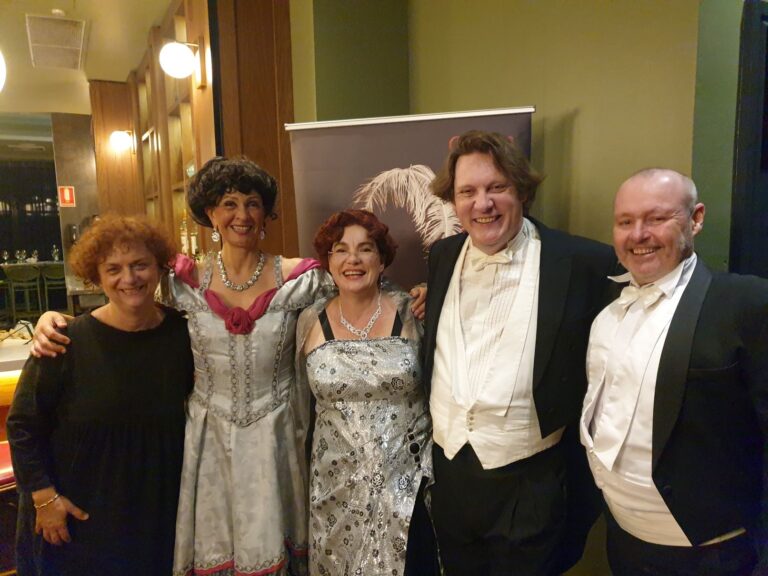
Reforms ending the right to silence impractical

Controversy remains over why the State Government passed laws through parliament effectively eroding one of the most tightly held principles in criminal law – the right to remain silent.
As anticipated, the move was highly criticised with claims the amendments fundamentally attack people’s rights, as well as questions over the practicality of the reforms.
Federal Attorney-General Mark Dreyfus hit out against the legislation, despite maintaining the need to be tough on organised and bikie-related crime.
“This legislation is another example of a Liberal Government rushing through legislation without any thought for the consequences. We need to be tough on organised and bikie-related crime but need to balance that resolve with maintaining a fair and robust criminal justice system,” he said.
But Stephen Blanks, Secretary for the Council of Civil Liberties, said the legislation was largely symbolic and will have no significant practical consequence. Mr Blanks argued the right of silence will be preserved.
“The right to silence can only be taken away if a lawyer is present at the interview by the police … and what I would imagine is that clients will tell their lawyers to leave then not to answer questions, thus preserving the right to silence,” he said.
NSW Attorney-General Greg Smith confirmed the changes to evidence of silence could only apply in certain circumstances.
“The changes to evidence of silence apply when the suspect has had the special caution given to them in the presence of their lawyer, and has had an opportunity for the lawyer to explain its meaning to them. It does not apply to juveniles or people who do not have the capacity to understand,” he said.
In effect, the amendments do not stop a person from refusing to answer a question during questioning. However, they do in certain circumstances allow an unfavorable inference to be drawn if a person fails or refuses to mention a fact that they could have reasonably been expected to mention during official questioning, but later relies on that fact in their defence.
The NSW Attorney-General’s Office insisted the reforms only applied in cases of serious crimes.
“[They are part of a] package of measures designed to reduce the ability of people accused of serious crimes to ambush defence by bringing up evidence at their trail they have not previously raised,” said Mr Smith.
Another reform introduced in the package is the introduction of forced disclosure of all details of defence prior to trial for defendants facing serious charges. This too runs a risk of disadvantaging the underprivileged and uneducated.
NSW Greens MP Jamie Parker raised his concerns in parliament last week by claiming the reforms go against the cornerstones of the criminal justice system.
“The Liberal Government has bowed to political pressure and launched a substantial attack on civil liberties in NSW, trashing one of our most vital and long-standing legal principles,” he said.
The NSW Attorney-General was insistent the reforms would reduce the rate of serious crimes and that “the European Court of Human Rights found similar laws in the UK did not breach human rights”.
Yet Mr Parker hit out at the possible legal complexities at hand and cited the UK as an example of how the abolition of the right to silence simply will not work. He said the reforms will most likely fail to have an impact upon the conviction rate.
Mr Blanks echoed similar sentiments: “What we have seen in the UK … has led to longer, more costly, more complex trials and a greater number of appeals. My view is that these laws will have no practical effect on the conviction rate or the crime rate,” he said.
It remains to be seen whether the reforms will result in the intimidation of innocent people to elicit false confessions, or whether they will help reduce the number of serious crimes such as drive-by shootings that have plagued Sydney over recent years.









